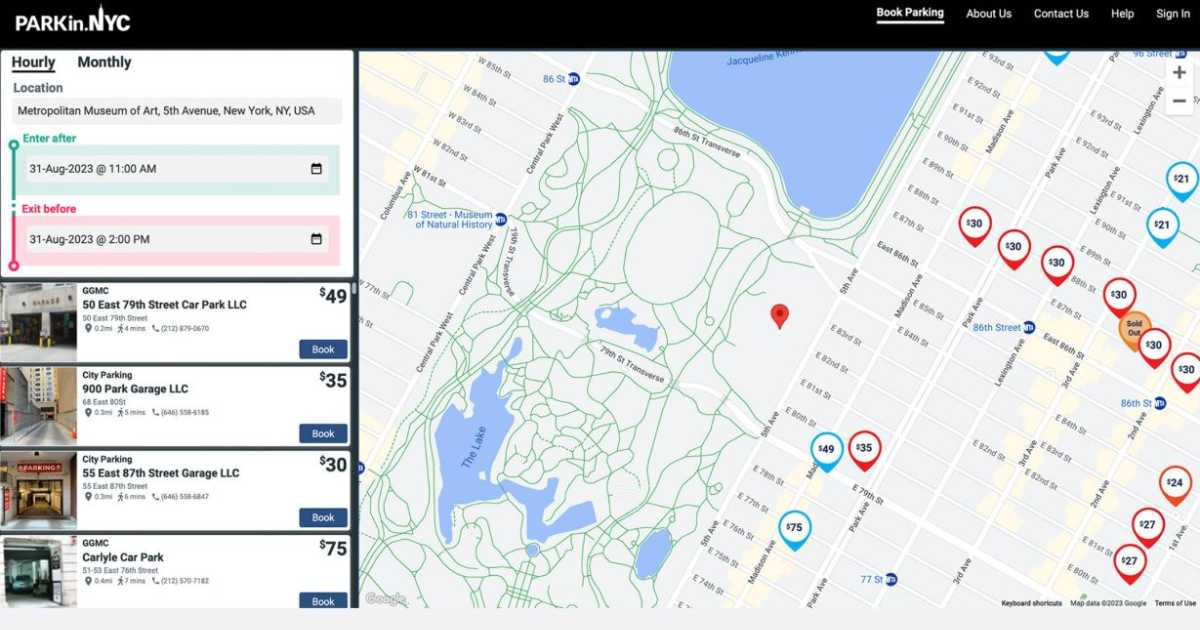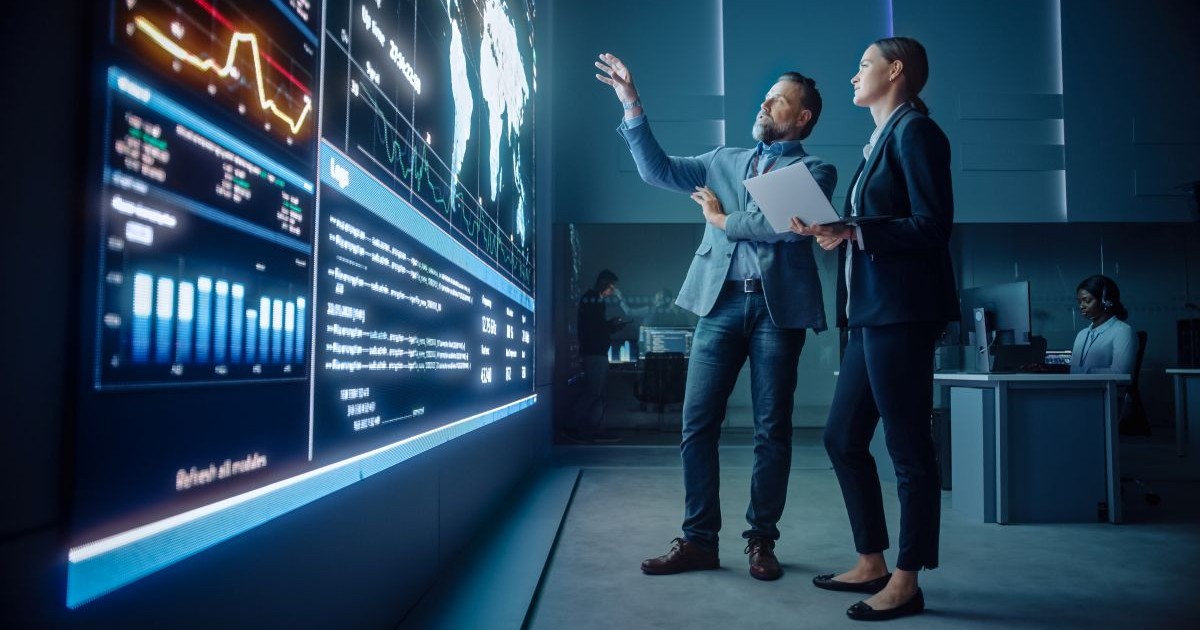When It Comes To Managing Propertiesí Parking, Technology Is Key
Chris Perry, SVP, Parking Base

Itís easy for developers and real estate owners to think of parking as a necessary evil. They know they have to provide it (often, because itís mandated by code), they understand that prospective tenants and buyers expect to be provided parking, but they havenít figured out how to maximize its value.
In fact, parking is an extraordinarily valuable asset when managed strategically, especially with the right technology. First and foremost, it plays a critical role as a tenant amenity. Safe and convenient parking makes properties more attractive to prospective tenants and those renewing their leases. Additionally, parking can serve as a significant revenue stream through permit sales or hourly charges. With effective management, parking transforms from a cost center into a profit generator.
A Whole New Ballgame: Parking Management Technology
Until recently, it wasnít possible to manage parking assets effectively and efficiently when there were multiple use cases. Parking had to be treated as an afterthought at best - and a throw-in at worst - because parking management (unlike the rest of parking) wasnít automated. It was just too costly and time-consuming to manage different parking use cases by hand.
With the emergence of parking management software platforms, however, owners can now manage each user group differently, providing access to specific areas of a parking facility, offering access at different times, and even allowing them to charge different rates to different users. This presents extraordinary financial and tenant amenity opportunities to owners and developers.
Before we discuss the different ways that developers and owners can benefit from managing their parking assets with parking management technology, letís first take a look at how it works. The heart of any parking management system is the software that runs it. The best platforms can be customized to allow owners and developers to address their unique parking management needs, as well as the unique needs of their tenants and customers. The software stores information about each parking userís parking needs to build an individual use case for that user. The use case determines how the parking can be utilized, managing things like when and where the vehicle owner can park; whether they will be charged and, if so, how much; and whether the owner has access to a guest pass and, if so, how much they will be charged for each pass. The software should also have a robust accounting element that will automatically collect parking fees, transfer those fees to the appropriate bank accounts, analyze the owner or developerís tax obligations, and provide accounting reports to both the owner/developer and the tenant.
Thereís also a hardware component. Typically, parking entry and egress is monitored by license plate recognition (LPR) technology. When tenants or visitors drive into a garage or parking lot, the LPR cameras record the license plate information and associate the parking stay with an account. The same happens when the car leaves. Once the stay is over, the systems determines whether a parking fee is indicated and automatically charges the appropriate account. If the vehicle has a permit, the system associates the stay with that permit.
How It Works: A Closer Look
Now letís look at specific types of development and how parking management technology works to manage different use cases.
Residential developments typically offer permit parking, with tenants provided one or more parking spaces as part of their lease agreements. The process is relatively straightforward in this case. The system merely monitors incoming and outgoing traffic and associates the vehicles with the appropriate resident permit.
Residential complex owners also commonly provide guest parking passes to tenants. Historically, this has meant giving guests paper passes that can be left of the dashboards of visitorsí cars to alert enforcement personnel that the car is authorized to park there. This low-tech approach limits how much you can do with guest parking.
However, using parking management technology allows you to manage guest parking much more closely and creatively. Owners can determine how many guest passes tenants can have on a given day, week, month, quarter, or year. The system can also manage when during the day guests can use the parking pass. The technology also makes it easy to monetize guest parking. For instance, owners can charge a fee for each guest pass, which can automatically be added to the tenantís monthly rent bill. Of course, the system can also automatically collect the guest parking fee and distribute the fees to the appropriate bank account or accounts. The system can be set up to provide regular reports so the owner or parking operator can keep track of how guest parking passes are being utilized.
The same considerations are in play for commercial or retail properties, which typically serve a variety of different types of users. These may include employees of commercial tenants and visitors to those tenants, or customers and employees of retail establishments. Each tenant has several different types of parkers, each with its own unique needs. Parking management technology can be customized to recognize the unique needs of each and manage each one.
Win/Win
Parking management technology allows developers and owners to focus on the multiple uses that happen in their parking facilities. As a result, they can manage their parking assets more effectively, efficiently, and perhaps most importantly, more profitably.
Using the technology presents a win/win/win scenario that benefits owner/developers, tenants, and parkers. As weíve discussed already, owners and developers derive numerous benefits. The technology makes managing parking much more efficient and cost-effective. It gives owners the power to automatically manage parking for multiple use cases and to customize parking management to meet the specific needs of their tenants. It also provides powerful accounting benefits by collecting parking fees and automatically distributing them to the appropriate bank accounts.
The technology can also benefit the bottom lines of owners and developers. When you have this much control over parking assets it makes it easier to maximize parking revenues. For instance, the accounting reporting that comes with the technology allows owners and operators to be sure that they are charging enough for parking and receiving all of the parking revenues they are entitled too.
Tenants benefit too by having the guesswork thatís so common with parking management eliminated. The technology seamlessly manages parking spaces, so tenants know exactly how their allocated spaces are being utilized. The accounting features ensure that parking fees are charged from the appropriate bank accounts, so there are never surprises.
And finally, drivers benefit from an improved parking experience. The experience is entirely frictionless, with drivers just driving in and out of parking facilities without having to stop to pull a ticket or pay.
This Week’s Sponsor
Michael Baker International, a leading provider of engineering and consulting services, including design, planning, architectural, environmental, construction and program management, has been solving some of the worldís most complex infrastructure challenges for more than 80 years with a legacy of expertise, experience, innovation and integrity.
Read Next
 5/8/2025
5/8/2025
The AI-Powered Workplace Evolution: Redefining the Business Landscape In today's rapidly evolving business environment, the fusion of Artificial Intelligence (AI) and Workplace Management is revolutionizing the way organizations approach workspace optimization and operational efficiency.
 3/27/2025
3/27/2025
The Convergence of Edge Computing, Cloud, and AI in Building Automation and Smart Buildings In the built environment, we have seen the convergence of Operational Technology (OT) and Information Technology (IT), later expanding to include Workplace Technologies (WP).
 3/27/2025
3/27/2025
DC Power: A Holistic Approach to Energy Savings in Commercial Buildings In today's energy-conscious world, businesses constantly seek ways to reduce their carbon footprint and operational costs.
 3/13/2025
3/13/2025
How to Achieve Eco-Friendly Facility Management Commercial real estate operators and facility managers are focusing on sustainable practices to minimize environmental impact, create healthier workplaces, improve productivity and lower operational costs.


%20(1)%20(1)%20(1).png)









